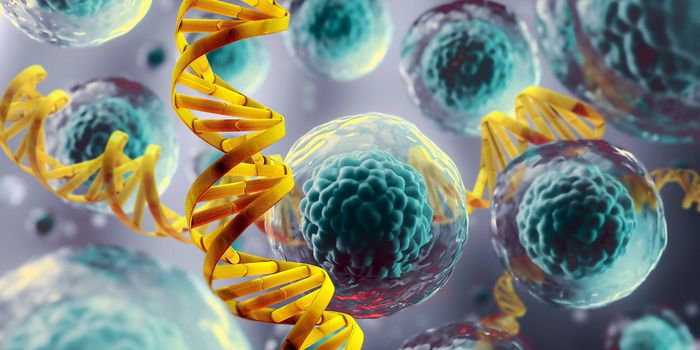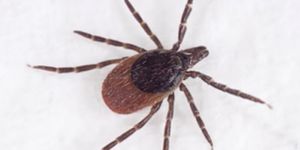Treating Rare Pediatric Cancers

Research published in The Lancet Oncology explains how the drug Larotrectinib can treat cancer cells that have a specific fusion of two genes. Larotrectinib received FDA designation and can treat any cancer type with a fusion gene. "In some cancers, a part of the TRK gene has become attached to another gene, which is called a fusion. When this occurs, it leads to the TRK gene being turned on when it's not supposed to be and that causes the cells to grow uncontrollably. What's unique about the drug is it is very selective; it only blocks TRK receptors," said lead investigator Dr. Ted Laetsch, a Professor of Pediatrics at Harold C. Simmons Comprehensive Cancer Center.
Larotrectinib is part of a group molecules designated as ‘kinase inhibitors’ which work to cut back on the enzyme actions of cellular mechanisms. In this case, Larotrectinib targets TRK fusions which are present in many types of cancers, including lung, colon, thyroid, and breast cancer, as well as certain pediatric tumors. Some TRK fusions occur in only a small percentage of common adult cancers however the rest are more commonly seen in rare pediatric cancers including infantile fibrosarcoma, cellular congenital mesoblastic nephroma, and papillary thyroid cancer. "Every patient with a TRK fusion-positive solid tumor treated on this study had their tumor shrink. The nearly universal response rate seen with larotrectinib is unprecedented," explains Dr. Laetsch.

One child treated with Larotrectinib was 13-year-old aspiring fashion designer Briana Ayala of El Paso. Briana had a rare tumor located in her abdomen and wrapped around her aorta, which made it risky for surgical operation. So, Briana and her family were there encouraged to visit Children’s Health in Dallas, TX where she underwent a specialized operation that removed only portions of her aorta and most of the tumor. Unfortunately, this did not treat Briana’s cancer as it began to return. With no treatments available, Dr. Laetsch sent Briana’s tumor for genetic testing where it was analyzed to have a TRK fusion making it possible to be treated by Larotrectinib
After Briana’s enrollment in phase 1 clinical trial of the new drug, results have shown that swelling in her abdomen has been diminished along with a shrunken tumor. "These are the kind of amazing responses we've seen with larotrectinib," said Dr. Laetsch, "and this is why I'm so excited about it."
What’s particularly unique about larotrectinib is it doesn’t lead to severe side effects like most other cancer therapeutics and for many patients the response was long-lasting. "For some of the targeted drugs in the past, many patients responded initially, but then resistance developed quickly. To date, the response to this drug seems to be durable in most patients," said Dr. Laetsch.
Sources: The Lancet Oncology, Science Daily








